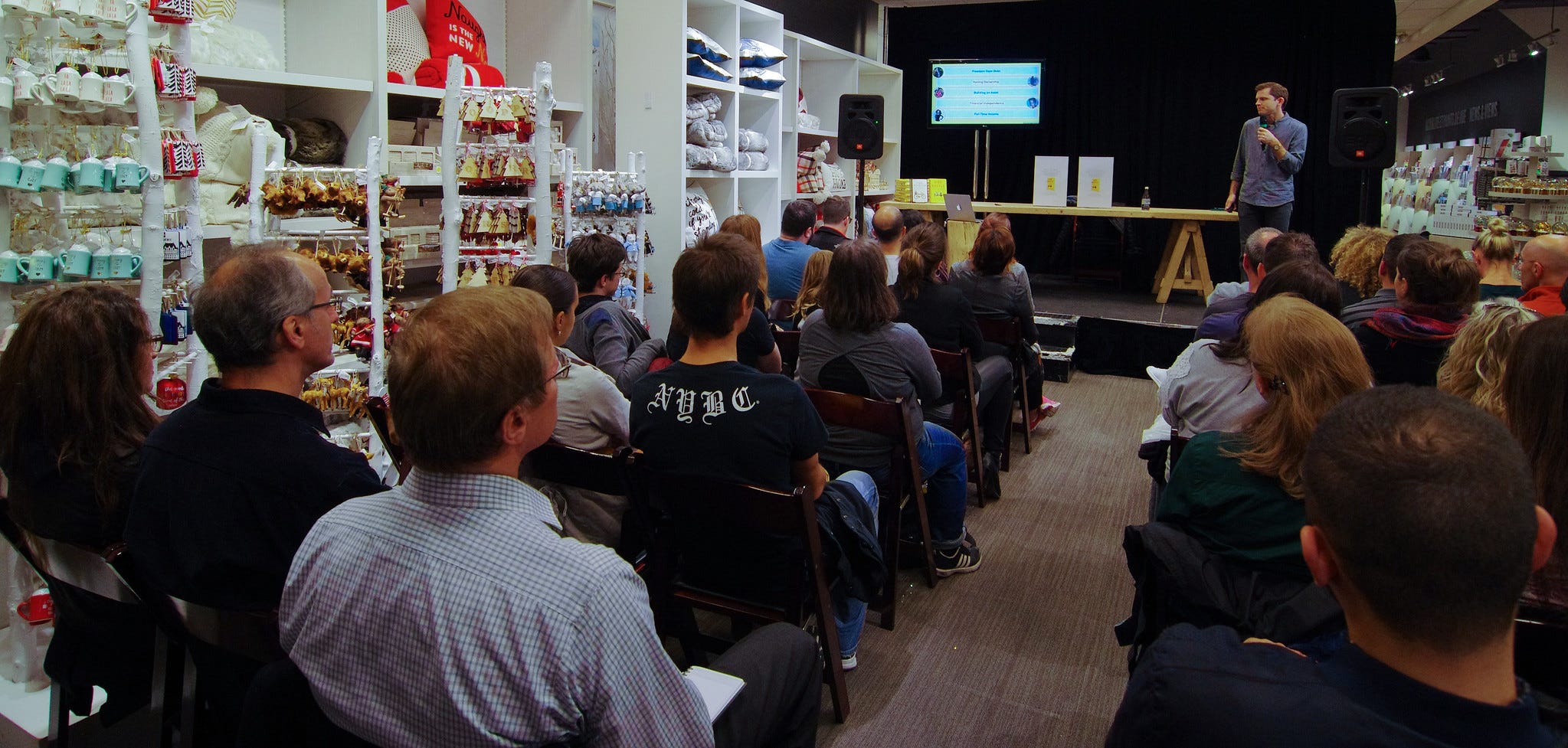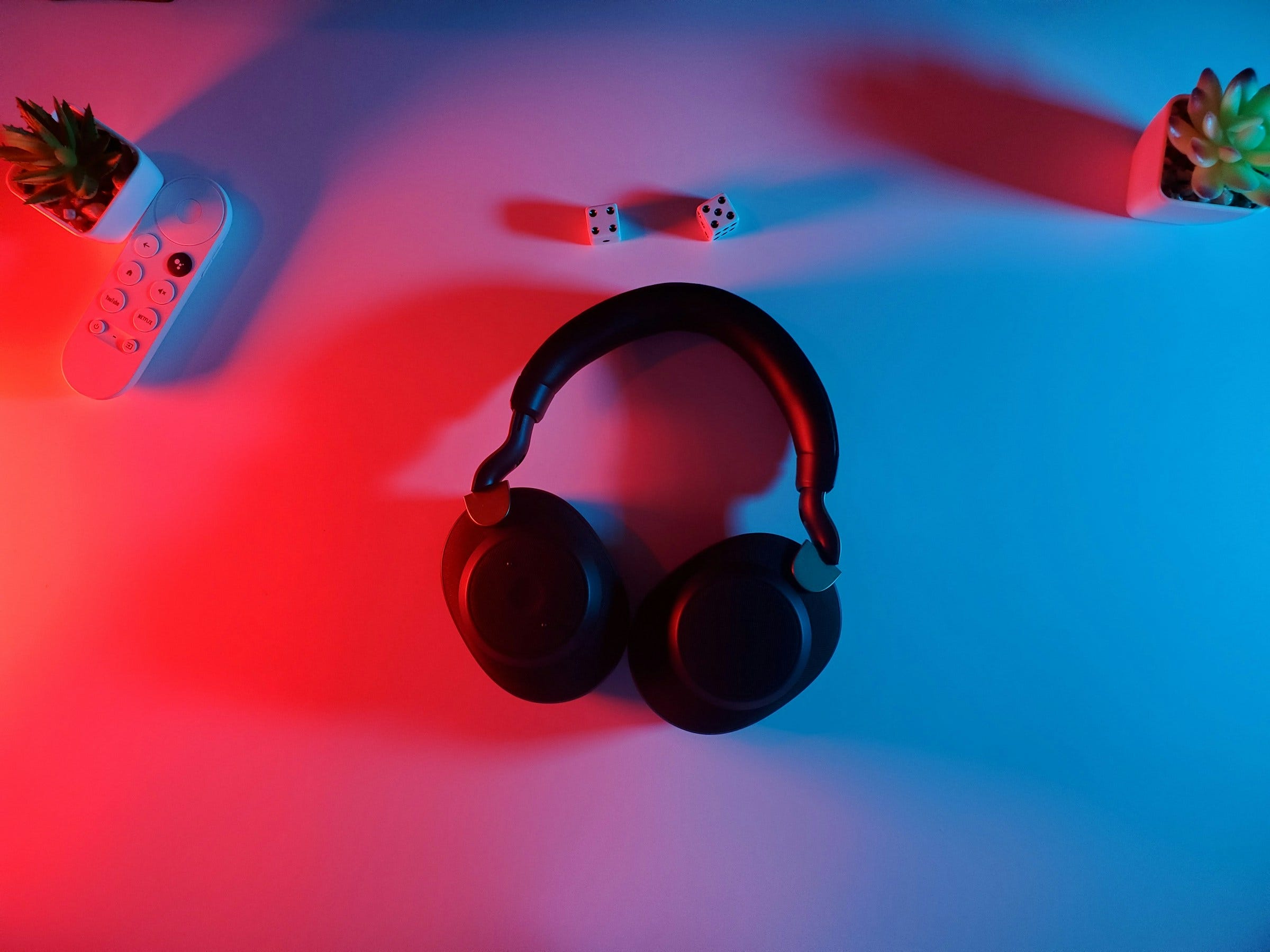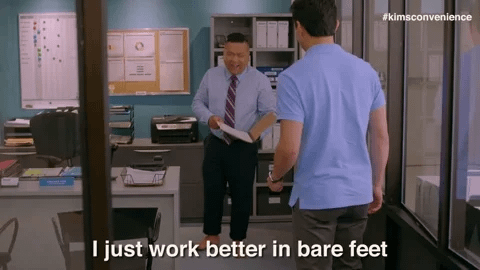Gentle Productivity: 5 Tips for Neurodivergent-Friendly Work HabitsSensory-aware work spaces, hyperfocus mode, time blocking, and more.There’s an anti-productivity movement these days, and in a lot of ways, I’m here for it. Some ideas were due for a takedown. But it’s also one of those things where if you’re not careful, you can end up sabotaging yourself. Just take this common phrase at face value: time is our most precious resource. Ultimately: what’s wrong with that? Sure, it’s a bit of a cliché—but it’s still true! Time is precious, and we want to be more effective with our use of it. So while it’s one thing to reject hustle culture or working excessively hard on someone else’s goals, ultimately we do want to use our time better. And if we can get back time in some way and divert it toward something meaningful, isn’t that good? With that in mind, these are a few ways I try to think about working better.
1. Create a sensory-friendly environment.Tailor your workspace to minimize distractions and maximize comfort. The goal is to create a space where you can focus without discomfort. Adjusting the temperature, using ergonomic furniture (or at least a good chair whenever possible), and having the right tools at hand can make a significant difference. I used to work with noise-canceling headphones, but these days I just use AirPods (the Pro version is worth it). I typically only listen to instrumental music while writing, since songs with words can be distracting. Here’s my Ultimate Focus playlist, which I try to update every once in a while:
Temperature-wise, a lot of productivity people swear by working in a cold room, but personally I hate that because I’m usually cold anyway. I wear long-sleeves every day and often a scarf, even in the summer. Gotta figure out what works for you! Oh—and am I the only one who often has at least two beverages on their desk? I like being hydrated … and also, coffee. 2. As much as possible, work on your own schedule.Working on your own schedule means aligning your tasks with your natural energy levels and peak productivity times. For some, this might mean starting early in the morning, while others may find they work best in the evening. Personally, I find that the ability to set my own work schedule is the single most important benefit of being self-employed. (And of course, some people are able to achieve the same thing through remote work.) If forced to choose, I would give up A LOT of other things before I ever gave up this benefit. That said, one note on deadlines: I love them! These days, it’s popular to say that deadlines are constricting and you should work “at your own pace”—but for me, if I don’t have a deadline, I’ll likely never accomplish anything. I need to know when things are due, so I’ll create due dates if they don’t exist naturally. 3. Use “hyperfocus mode” wisely.Hyperfocus can be a powerful tool, especially for neurodivergent individuals. It allows you to dive deeply into a task and achieve a state of flow where productivity peaks. However, the most common mistake of hyperfocus mode is not taking enough breaks. To avoid burnout, you need to incorporate regular intervals of rest. A key point of Mason Currey’s Daily Rituals research (he’s on Substack, check him out) is that most people have a natural limit of 2-3 hours per day that they can spend on cognitively-intense work. With that precept in mind, along with some neurodivergent theory, a few suggestions emerge: • Protect Your Best Hours: Schedule your most important work during your peak productivity times. • Choose Wisely: Prioritize tasks that truly matter and align with your goals. • Know in Advance How You’ll Spend Your Creative Time: Plan your sessions to avoid decision fatigue and maximize output. 4. Use time-blocking to work on specific projects.Along with planning for hyperfocus mode, I like setting aside blocks of time for specific project work. This is a relatively new change for me. Longtime readers know that I used to have more of a quota system, especially in writing 1,000 words/day. My theory when I started sharing online was “It doesn’t matter how much time you spend on something; the outcome or deliverable is what matters.” (There are good arguments for each approach, since the “deliverables are what matter” theory is logical. But at some point I found myself struggling with the deliverables, so I switched to more of a time-based method. I’m a little divided about it still, but lately this way has been working better for me.)
Time-blocking involves dividing your day into distinct chunks dedicated to specific tasks or types of work. This method helps to minimize distractions, maintain focus, and ensure that important tasks are given adequate attention. For example, you might block off the first two hours of your day for deep work, followed by a block for meetings, and another for administrative tasks. Experimenting with different time blocks can help you discover the most productive rhythm for your workday. 5. Notice and simplify repetitive tasks.For more than a decade, I’ve used tools like TextExpander and LastPass. But here’s the thing: I don’t always use them well! Simplifying repetitive tasks can save a significant amount of time and mental energy. Tools like TextExpander allow you to create shortcuts for frequently used phrases, while password managers streamline logging into various accounts. By automating these small but repetitive tasks, you free up more mental bandwidth for creative and strategic thinking. Regularly reviewing and optimizing your workflow can lead to more improvements. Other tools and apps I use daily include: Roam Research (note taking), OmniFocus (task management), Notion and Google Docs (collaboration), Timeular (time tracking), and Scrivener (book writing). *** Working differently means recognizing that the traditional approaches may not work for everyone, especially those of us who are neurodivergent. I’ve learned throughout 20+ years of self-employment, but of course I continue to learn as I go. Feel free to share your favorite tip for working better! What works for you, and what doesn’t?See also:
You’re currently a free subscriber to 🌻 A Year of Mental Health. For the full experience, consider upgrading! |
Monday, June 3, 2024
Gentle Productivity: 5 Tips for Neurodivergent-Friendly Work Habits
Subscribe to:
Post Comments (Atom)
AAPL Video Analysis 12-22-24
AAPL at another all time high! 💥 ͏ ͏ ͏ ͏ ͏ ͏ ͏ ͏ ͏ ͏ ͏ ͏ ͏ ͏ ͏ ͏ ͏ ͏ ͏ ͏ ͏ ͏ ͏ ͏ ͏ ͏ ͏ ͏ ͏ ͏ ͏ ͏ ...
-
insidecroydon posted: " Become a Patron! What's on inside Croydon: Click here for the latest events listing...






No comments:
Post a Comment